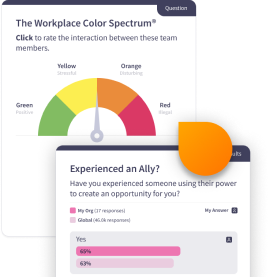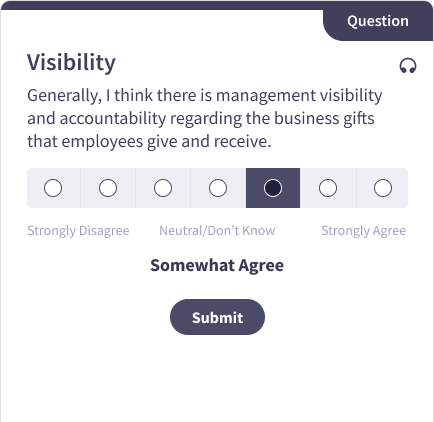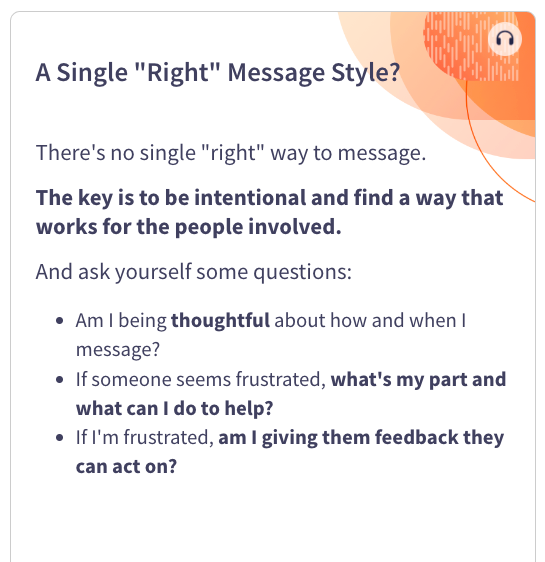
Building Trust Through Better Communication
We spend a lot of time at work, more often than spending time with significant others. Colleagues who do spend a lot of time together, create a work friendship which can lead to conversations about different things. Sometimes it’s work-related, other times it’s personal. How we talk and what we talk about matters to everyone.
Microlesson DescriptionThis microlesson shows how employees vent and gossip after receiving an assignment and news that a coworker, who is struggling with a mental health challenge, will be out of the office. This kind of conduct can cross the line and violate company policies and the law. Aside from the legal perspective, there are culture and respect issues being violated as well.
Key Concepts- Creating a work culture that works for everyone is hard - and doesn't happen on its own.
- Every day, the choices we make as individuals can support a positive work culture.
- Nothing is more important than the way we treat each other. Gossiping and disparaging comments hurt culture, can violate our policies and could violate the law.
Microlesson Features
- Employee sentiment pulsing questions that provide leaders with insights into their workforce's core cultural competencies
- Emtrain's Expert Answers tool, enabling employeees to submit anonymous questions about sensitive issues.
- Rich, contemporary video scences illustrating key concepts through realistic scenarios
- A data driven, skill-based approach to eLearning that establishes a shared language for employees.

Related Resources
Related Trainings
Frequently Asked Questions
Below are answers to common questions that employees and managers have about this topic. These FAQs provide a preview of what you’ll learn in this microlesson and why it matters.



